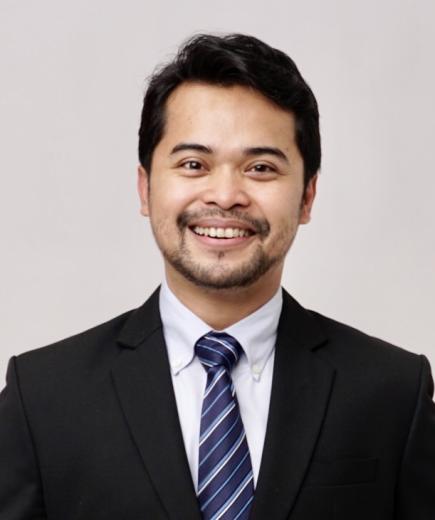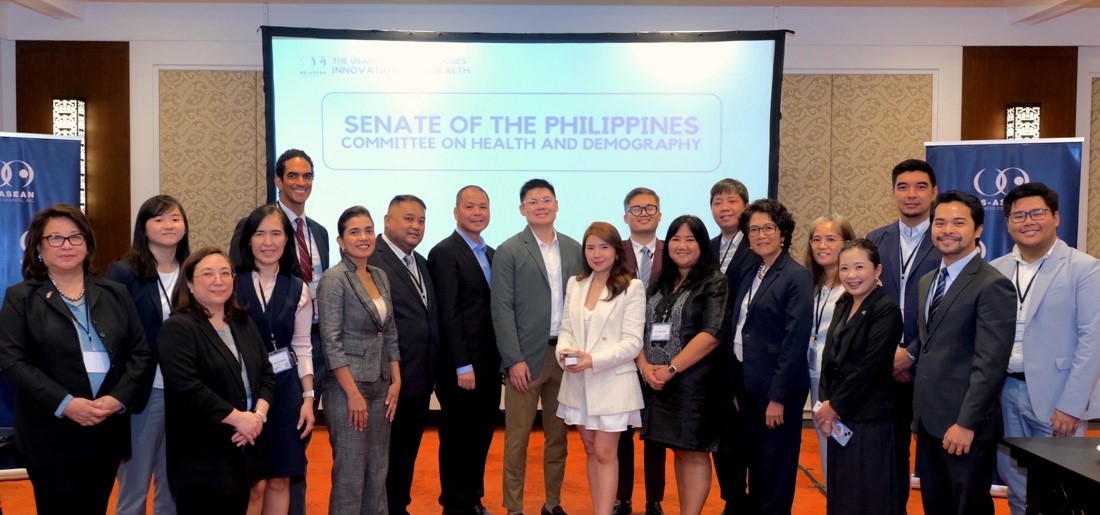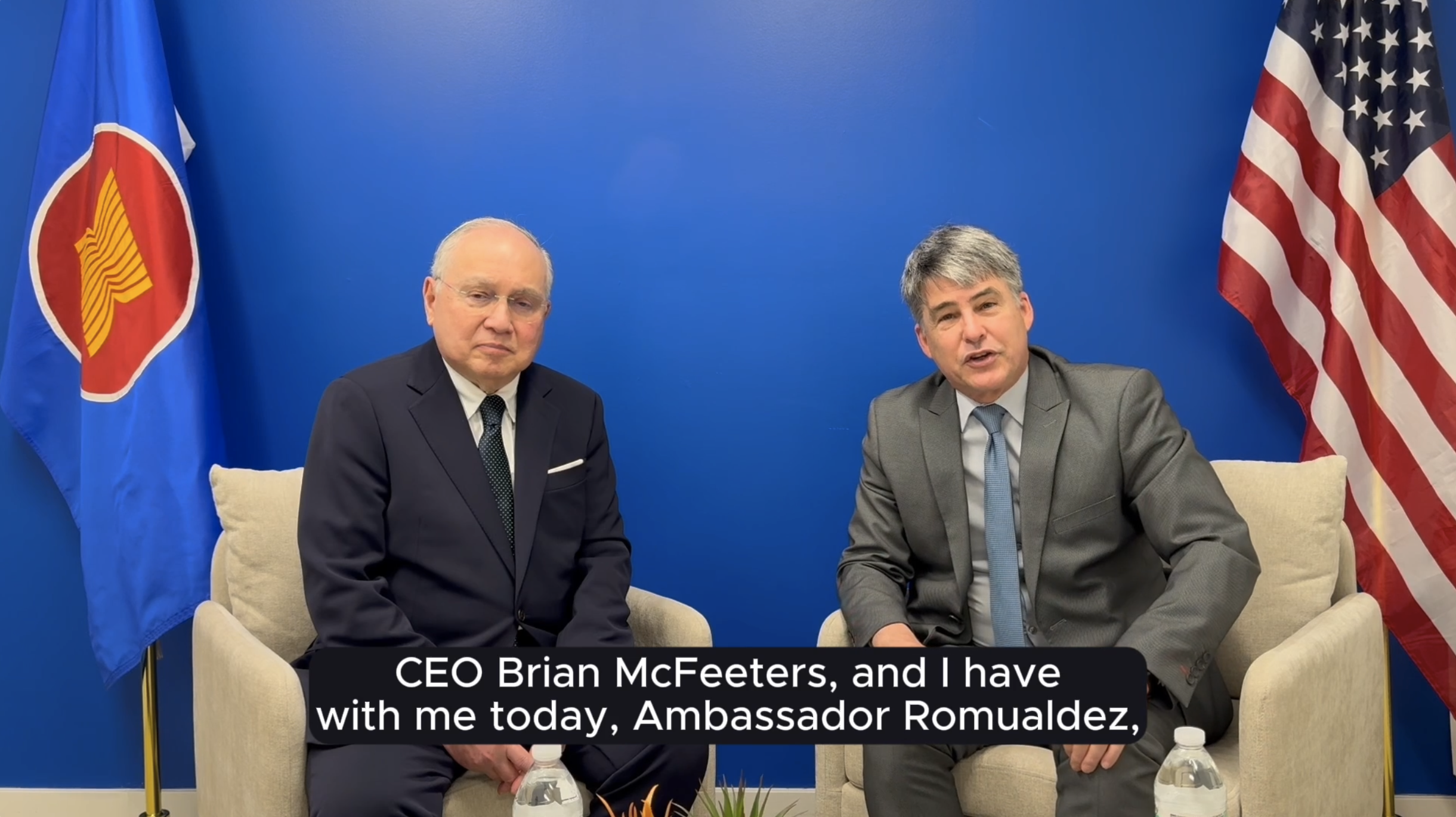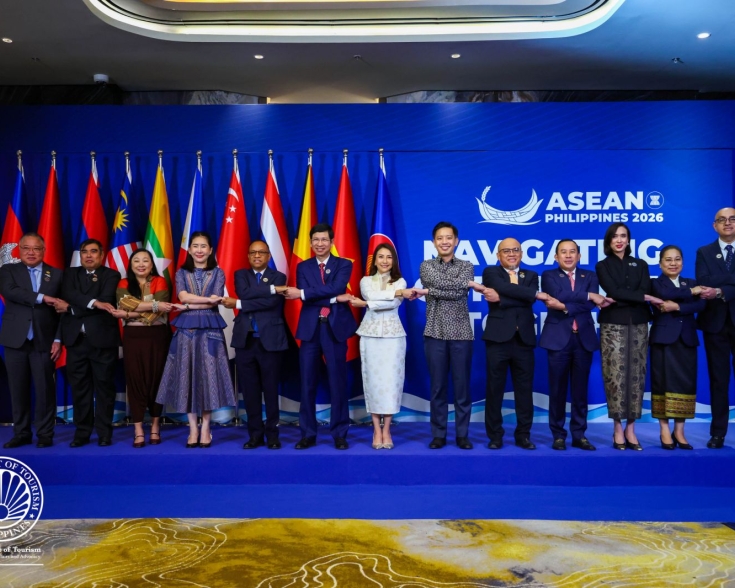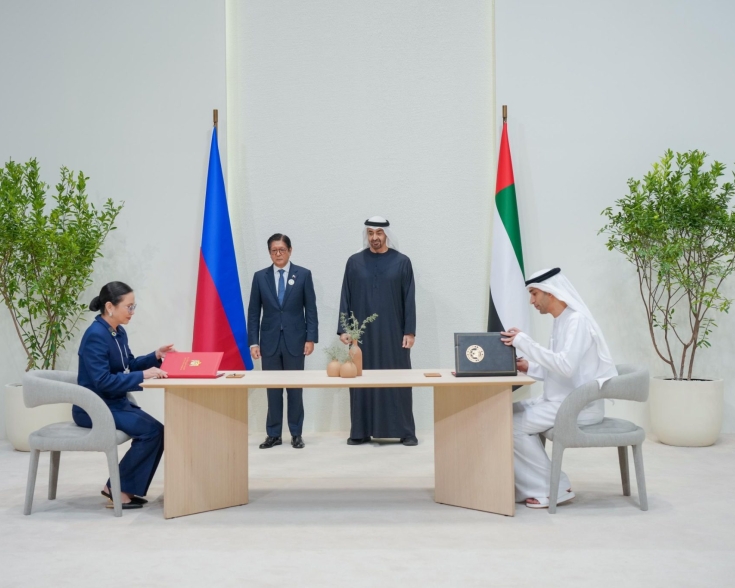Under Secretary Jose Fernandez’s Visit to the Philippines Highlights Cooperation Semiconductors, Energy, and Critical Minerals

US Undersecretary for Economic Growth, Energy, and the Environment Jose W. Fernandez travelled to the Philippines on January 30. During his visit, the Under Secretary met with senior officials from various government agencies such as the Department of Trade and Industry, Department of Energy, Department of Foreign Affairs, and the Department of Finance as well as several semiconductor and mining companies to discuss supply chain resilience.
In one of his remarks, the Under Secretary noted the importance of the Philippines' semiconductor manufacturing industry, which directly and indirectly employs a total of 2.5 million employees and is the country’s largest export-revenue generating segment as well as largest single contributor to GDP. 60% of investments in the local semiconductor manufacturing come from the United States, directly supporting the American automotive industrial and consumer electronics manufacturing sectors. He added that US companies based in the Philippines contribute to the local economy as top exporters and largest employers and remain to have great interest in working in the Philippines, especially in the areas of assembly, testing, and packaging chains for semiconductors. In 2023, the United States identified the Philippines as one of the recipients of its massive funding to expand international semiconductor supply chains for the US market under the CHIPS Act.
Fernandez also emphasized ongoing efforts to facilitate engagements between US mining companies and the Philippine Government under the Minerals Security Partnership, utilizing investments in nickel, copper, and cobalt reserves. For the energy sector, Under Secretary Fernandez opined that the US is looking to tap the Development Finance Corp. to fund renewable and infrastructure projects in the Philippines in hopes of lowering electricity rates and attracting more investors. He also urged the Philippine Government to create a regulatory environment based on international best practices to encourage more inward investments.
On the same trip to Asia, Fernandez also visited Vietnam and the Republic of Korea. His engagements aimed to strengthen economic cooperation with key allies and partners in the Indo Pacific.

